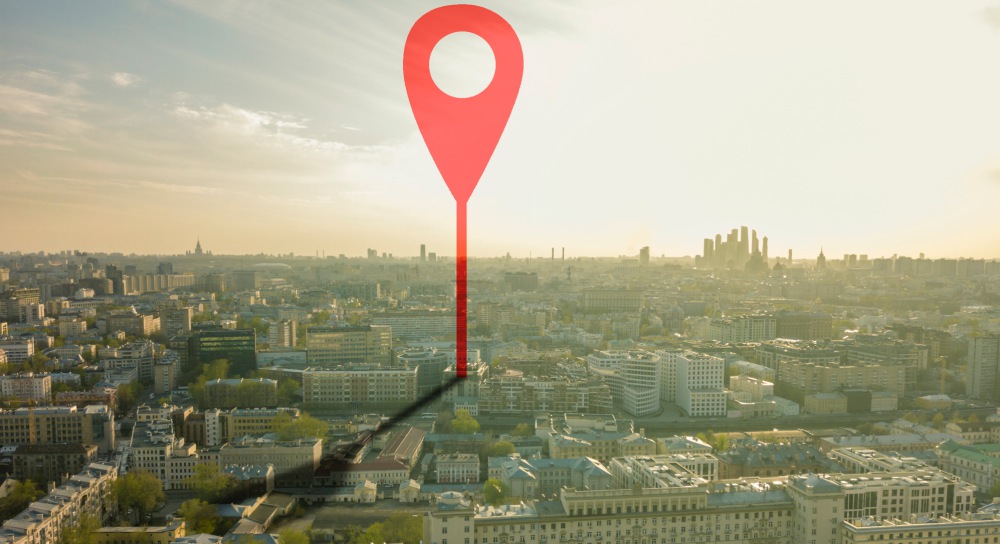How to get a Finnish IP address
The easiest way to improve your digital privacy is to switch your IP address using a VPN. We’ll …

When we think about the type of data collected by companies, typically, we refer to our digital activity: the websites we visit, the interests we exhibit, the products we buy, and so on. But what people don’t realize is that many of these companies are also tracking our location data — and in many cases, we have no idea they’re even doing it.
A surprising number of apps have location-tracking features hidden within, leading many people to inadvertently share their locations and movements throughout the day. This provides developers with a treasure trove of information that they can then sell to the highest bidder.
In some cases, it’s necessary to share your location in order for the app to function. For example, Google Maps wouldn’t be much use unless it knows where you are and where you want to go. However, for other apps, there is no logical reason for them to track your location other than to collect information. And yet they still are.
Let’s think about what it actually means for a company to track your location: They can figure out where you live, where you work, your daily commute, where you go for dinner, what book store you went to, what hotel you stay at when traveling, where you go for a run, and so on. Basically, all of the places you visit during the course of the day. They can also use this information to determine how long you spend in each location, which companies can then use to further tailor their advertising.
What’s worse, we often don’t even know these apps and services are doing it. In a recent study, half of the apps scanned from the Google Play Store (3,000 in total) were exploiting user location data. In some apps, there’s even secret code that tracks location data without the user even needing to consent. It’s in the fine print when you download the app, of course, but are you really reading your app’s privacy policy before you download it?
Needless to say, this is a huge security risk. The fact that it’s possible for a company to identify your entire daily routine and use that to pinpoint exactly where you are at any given time is, frankly, scary — and there’s also a significant possibility that the information will be monetized and sold to other parties. Additionally, there is no guarantee that your location data won’t be used for nefarious purposes (after all, there’s little oversight as to who that data is sold to).
For all of these reasons, it’s incredibly important to check to see which apps are collecting your location data, and prevent any apps that absolutely do not need location data from using it. At the very least, make sure that no apps are allowed to collect such information when they are not in use.
As always, be on alert for the types of information that you’re sharing. Often, even innocuous requests can have serious consequences for data privacy and security.

